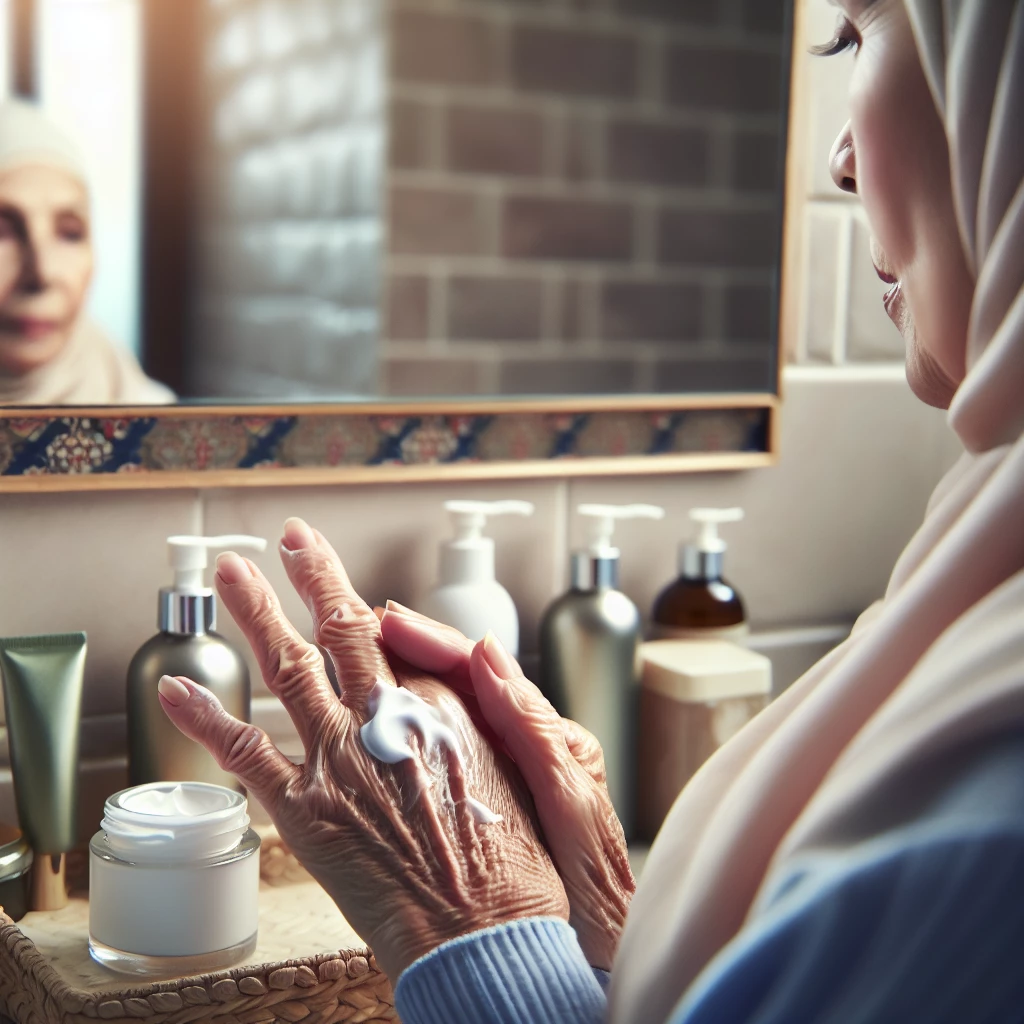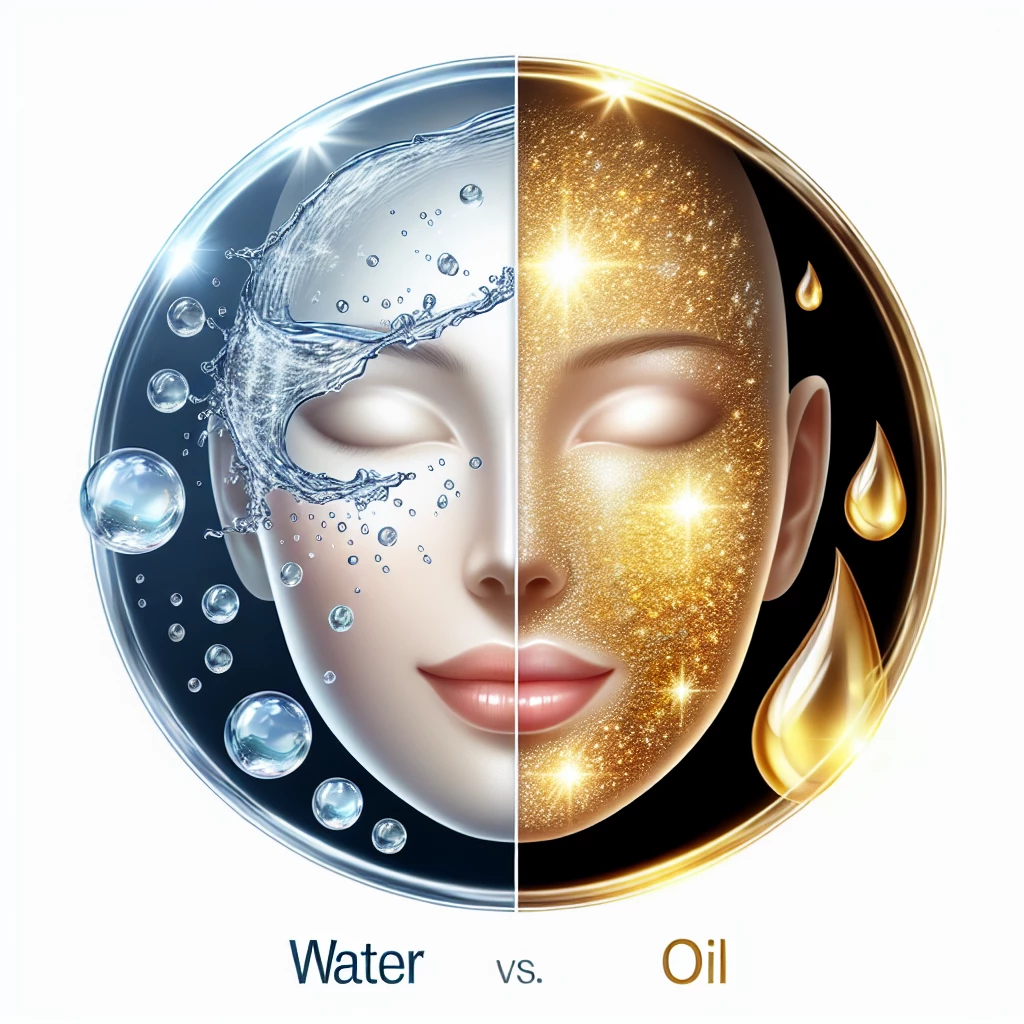Let's talk about something crucial for all of us health-conscious, beauty-tip-avid ladies who cherish our skin care. The key lies not only in the practices we follow but also in the products we use. Are you aware of how many harmful cosmetic ingredients are lurking in your favorite beauty essentials, posing a threat to both your well-being and also pose an aquatic toxicity risk? They are there, hidden, ready to cause damage that we often only become aware of much later. In this post, we'll explore some of the key ingredients to avoid when choosing our makeup and skincare products.
Paraben Parade
Parabens are among the most common cosmetic ingredients to avoid. Widely utilized as a preservative in beauty products, they keep yeast, mold, and bacteria at bay. You'll find them in your creams, lotions, and makeup. Yet, the dark side of these compounds includes hormone disruption and increased risk for breast cancer.
So the next time you reach for your favorite bottle of moisturizer or foundation, take a second to see if parabens are on the ingredient list. Anything with ethyl-paraben, butyl-paraben, methyl-paraben, or propyl-paraben is a no-go. Your health is more precious than their preservative perks.
Yet, be prepared for a challenge! The beauty industry frequently relies on parabens for their convenient properties. Turning a blind-eye might be easier, but your consistent commitment to paraben-free products will make a significant difference in ensuring your well-being.
Here Comes the Sunscreen
We all know how important sun protection is for our skin care. Yet, some active ingredients typically found in sunscreen products should raise the alarm. Among these are oxybenzone and octinoxate. They could lead to hormone disruptions and could also be problematic due to their high propensity for aquatic toxicity, causing harm to marine life.
Make sure to choose sunscreens made with safer alternatives such as zinc oxide or titanium dioxide. They are both mineral-based ingredients and are much less likely to cause personal health issues or environmental damage.
Remember, next time you're set for a beach day, reading your sunscreen's ingredient list could mean making a safer choice for yourself and being more environmentally conscious.
Colorants and Chemicals
Who doesn't love a pop of color in their makeup arsenal? Yet, synthetic colors prevalent in makeup products come with health risks. Many colorants derived from coal tar are possible human carcinogens. They are mostly recognized as a sequence of five digits followed by a color (e.g., D&C Red 27 or FD&C Blue 1).
When it comes to your vibrant eyeshadows, blushes, or lipsticks, it's important to opt for products free from these artificial colorants. It might take a bit more effort from your side, but ultimately it's a small price to pay when it comes to your health.
Thus, beautifying should never undermine your well-being. Always consider the key cosmetic ingredients on the label to ensure you are making a safe and conscious beauty choice.
Remember, queens, being mindful of what we put on our skin is equally important as the skincare rituals we swear by. Avoiding harmful cosmetic ingredients is the first step towards a healthier and safer beauty routine. Let's protect our bodies and the environment from the potential harm that these ingredients might cause. Here's to nurturing our inherent beauty, health-first and guilt-free!

Age Gracefully: Mature Skin Care
Delve into the changes that come with aging skin and the best practices to ensure its health and vitality.

Vitamins for Victory: Skin Nutrients
Discover the key vitamins that contribute to skin health and the best ways to incorporate them into your skincare routine.

Exfoliation 101: Clearing the Surface
Dive into the process of exfoliation, uncovering its benefits and learning how to properly exfoliate for brighter, smoother skin.

Skin Hydration: Water vs. Oil
Get insight into the importance of hydration in skincare routines and understand the difference between water-based and oil-based products.
